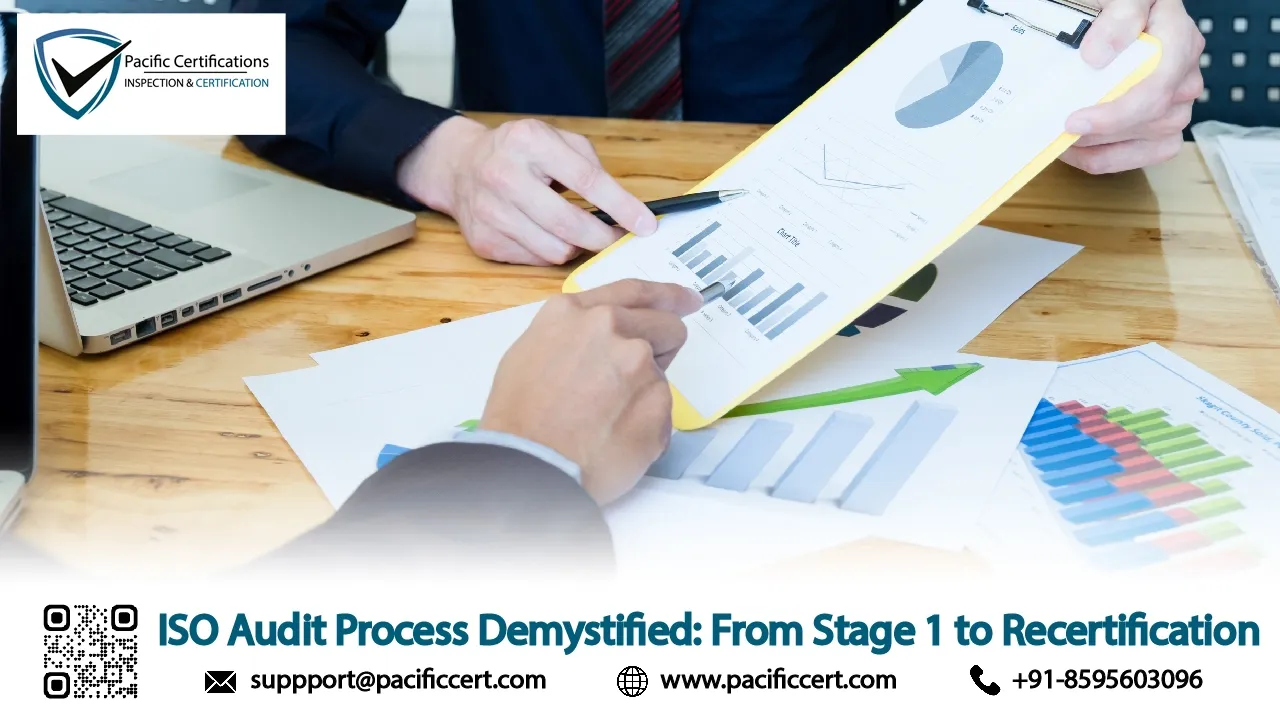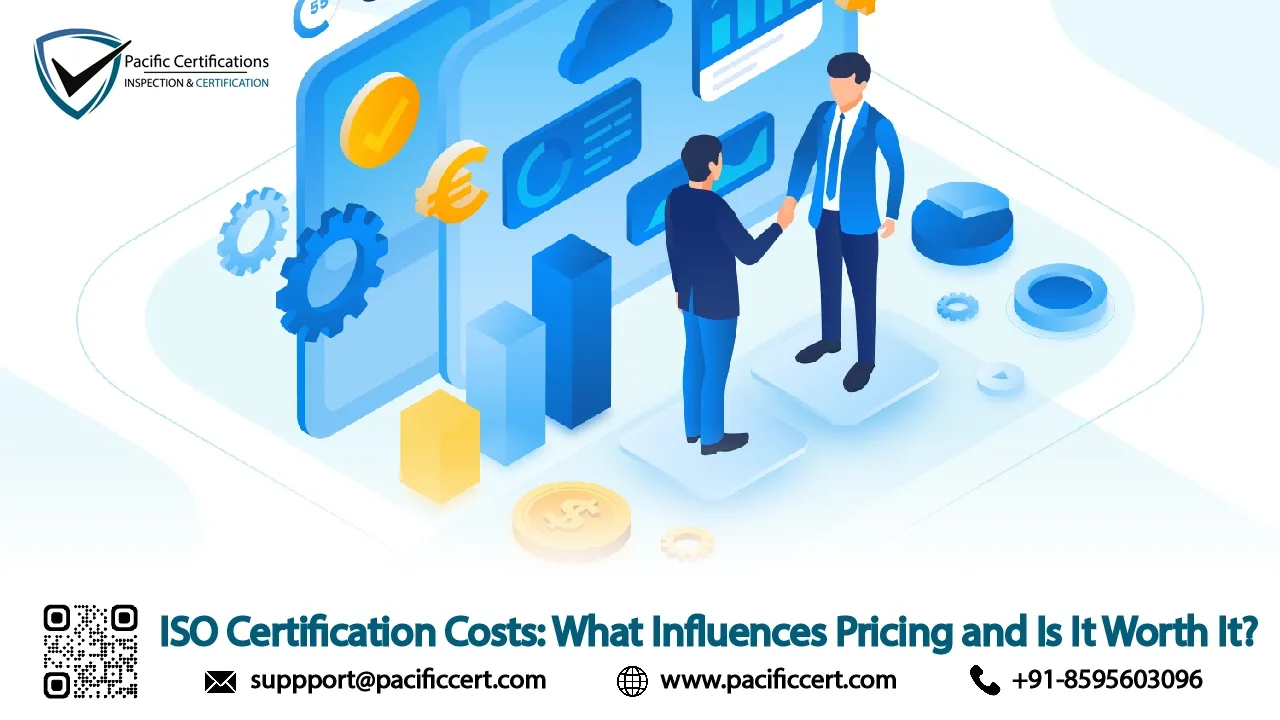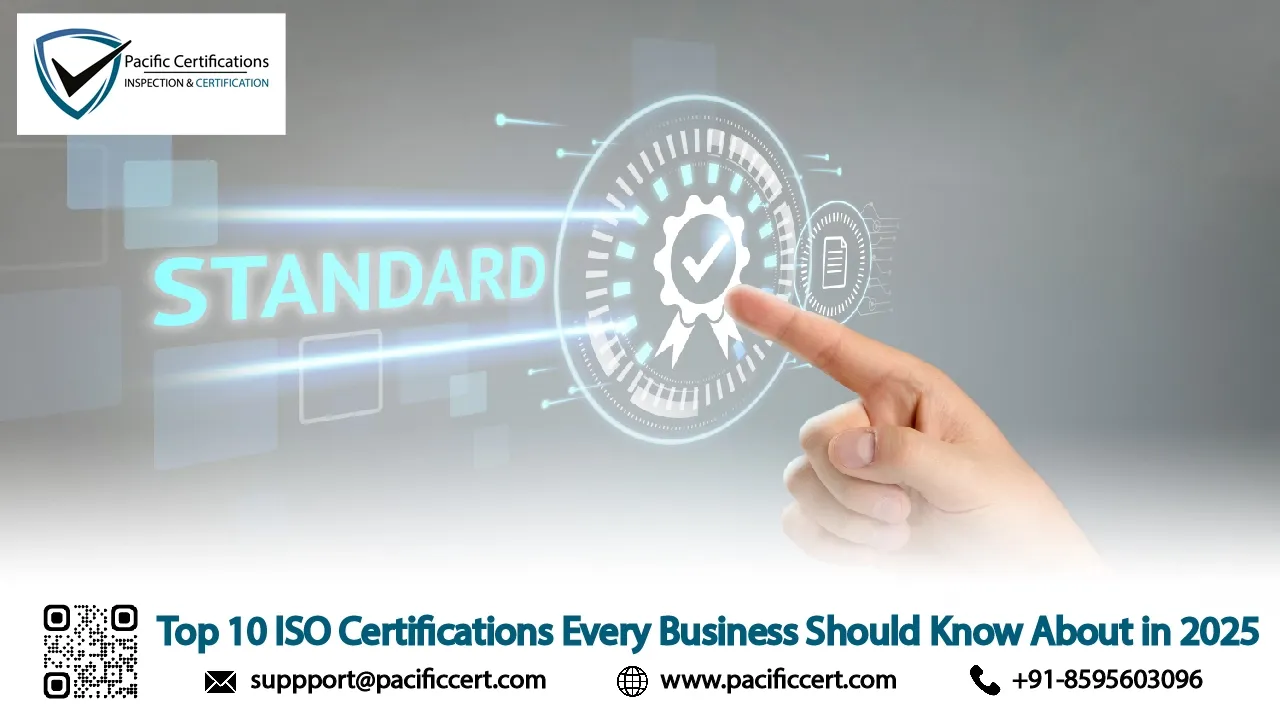
The International Organization for Standardization (ISO) created the ISO 9001:2015 Certification as a global standard for Quality Management Systems (QMS). It offers a model that a company can implement to continuously provide products and services that are acceptable to customers and the law and work to enhance the level of customer satisfaction.
“9001" indicates the particular ISO standard, and "2015" indicates the year of the latest revision. The standard focuses on risk-based, leadership involvement, process enhancement, and alignment of the QMS with the organizational strategic plan. It is applicable to utilize with organizations of all sizes and types.
When was ISO 9001 updated?
ISO 9001:1994 had additions made in order to regulate the design and development clause further and to clarify other points. 9002 and 9003 roles similarly were altered to some degree.
ISO 9001:2000 was significantly overhauled to transform it into a process-oriented standard instead of one that stipulates a set of documented procedures. ISO 9001, ISO 9002, and ISO 9003 were merged into a single QMS standard that could be implemented with the warranted exclusions of product realization requirements that do not apply to the organization.
The other significant changes included the participation of the top management of the organization, key performance indicators to evaluate performance, and constant improvement.
ISO 9001:2008 explained problems encountered in the implementation of ISO 9001:2000.
ISO 9001:2015 ensured the standard continued to develop to adapt to changing conditions under which organizations operate.
Some of the key changes were:
- The addition of new terms
- Rearranging some of the material
- Quality principles being enumerated as to be considered when applying the standard
- Stressing risk-based thinking to improve the use of the process approach
- More uses of services
- Extended leadership requires
The standard is being updated for the second time and is to be published in 2026.

ISO 9001:2015 integrates quality management with business strategy more closely than its predecessors by emphasizing leadership responsibility, organizational context, and risk-based thinking.
Organizations can only certify to ISO 9001, the only standard in the ISO 9000 series. When an organization receives ISO 9001 certification, it indicates that it: Adheres to the ISO 9001 standard's guidelines.
- Fulfills its own requirements
- Meets customer, statutory, and regulatory requirements
- Creates and maintains documentation and records
ISO 9001 certification can enhance an organization’s credibility by showing customers that the organization’s products and services meet expectations. In some instances or industries, certification is required or legally mandated. The certification process includes implementing the requirements of ISO 9001 and completing a successful registrar’s audit confirming the organization meets those requirements.
Organizations should consider the following as they begin preparing for ISO 9001 QMS certification:
- Certification body’s costs for ISO 9001 registration, surveillance, and recertification audits
- The organization’s current level of conformance with ISO 9001 requirements
- Resources the organization will dedicate to develop and implement the project
- Support and costs required from a consultant
Why ISO 9001:2015 Matters More Than Ever
1. Increasing Consumer Expectations
Customers today do not just expect quality products but also ethical sourcing, transparency, and reliable delivery of services. ISO 9001:2015 provides them with the tool to do so in an organized manner.
2. Globalization and Supply Chain Complexity
Since companies are doing business across borders, the consistency of quality becomes more of a problem. ISO 9001 provides a standard approach that delivers quality anywhere, and therefore it becomes mandatory for globally operated companies or outsourced manufacturing.
3. Digital Transformation
As companies embrace digital technologies, from automation to AI, quality processes must be integrated with them. The emphasis of ISO 9001 on process optimization and continuous improvement is consistent with digital integration and management of innovation.
4. Business Resilience in a Post-Pandemic World
The COVID-19 pandemic highlighted the need for adaptable, robust systems. Organizations with ISO 9001-certified QMS were better equipped to respond to disruptions, adopt remote working, and maintain customer trust.
5. Legal Reassurance and Compliance
Regulation Compliance with national and international laws is necessary to avoid legal proceedings and to maintain brand reputation. ISO 9001 makes sure that organizations are ahead of the regulatory changes and demonstrates adequate care.
Market Research & Developments Supporting ISO 9001 Implementation
More than 1.2 million ISO 9001 certificates have been issued globally, as noted in the ISO Survey of Management System Standard Certifications (2022), reflecting widespread application across many different sectors.
The market for quality management software is forecasted to grow at a compound annual growth rate (CAGR) of 12.5% by 2030, based on a report released by Market Research Future (MRFR), as the demand for standardized quality assurance grows.
61% of the CEOs, according to a PwC survey, mentioned that their initial strategic concerns were quality and customer satisfaction, both of which are addressed under ISO 9001.
For improved internal efficiency and awarding of contracts, SMEs are increasingly implementing ISO 9001, particularly in highly competitive industries like manufacturing, IT services, and logistics.
Practical Examples of the ISO 9001 Effect:
Toyota uses quality management principles to drive its legendary lean production process.
IBM attributes ISO 9001 procedures to cutting service call resolution time by 20%.
Small and medium-sized enterprises such as Indian electronics firm BharatTech Solutions shortened lead times in their shipments by 35% after being certified.
As a newcomer to the ISO 9001:2015 idea, it's clear this certification is more than a sticker—it's a structured system for businesses to improve the way they do business, produce better products or services, and build customer trust. In today's competitive economy, where competition is intense and expectations are higher than ever, having a sound system in place to manage quality gives businesses a genuine competitive edge. ISO 9001:2015 isn't for giant corporations alone; even small or start-up businesses can benefit from being more efficient, more structured, and more focused on what matters most—customer satisfaction. It's proof a
business cares about quality, and that's something every customer, partner, or employee will admire.
Contact Us – Pacific Certifications
Ready to get ISO 9001:2015 certified or need expert guidance on implementation?
Reach out to us:
Email: support@pacificcert.com
Website: https://pacificcert.com/
Our team is here to help you every step of the way with professional support and end-to-end certification services!
Frequently Asked Questions: ISO 9001:2015 Certification
1. What is ISO 9001:2015 Certification?
ISO 9001:2015 is an internationally recognized standard for Quality Management Systems (QMS). It provides a framework that helps organizations consistently meet customer requirements and improve satisfaction through effective process management.
2. Why is ISO 9001:2015 considered a global standard?
ISO 9001:2015 is used by over one million organizations in more than 170 countries, making it the most widely adopted QMS standard. Its principles—such as customer focus, leadership, and continual improvement—are universally applicable to businesses of any size and industry.
3. What are the benefits of ISO 9001:2015 certification?
Certification can lead to improved product quality, increased efficiency, stronger customer trust, better risk management, and access to global markets. It also helps businesses qualify for contracts and improve stakeholder confidence.
4. Is ISO 9001:2015 suitable for small businesses?
Yes. ISO 9001:2015 is scalable and flexible. Small and medium-sized enterprises (SMEs) can benefit greatly from its structured approach to quality, process control, and continual improvement—without needing a large team.
5. How can my organization get ISO 9001:2015 certified?
To get certified, your organization must implement a QMS aligned with ISO 9001:2015 requirements, conduct an internal audit, and undergo a certification audit by an accredited body such as Pacific Certifications.
Ready to get ISO certified?
Contact Pacific Certifications to begin your certification journey today!
Suggested Certifications –
Read more: Pacific Blogs



